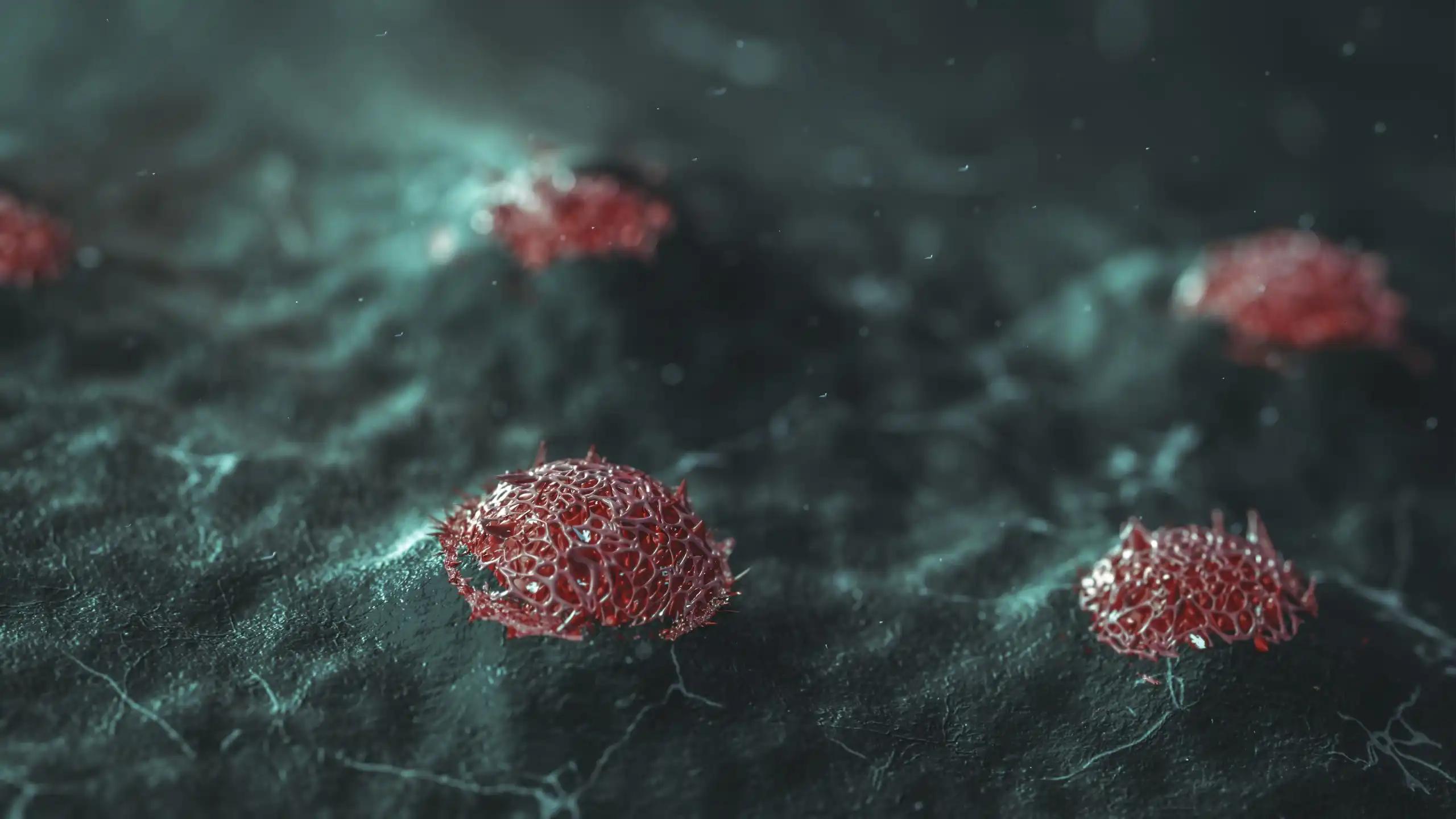KEY TAKEAWAYS
- A phase II randomized trial CALGB 40603 tested carboplatin or bevacizumab with weekly paclitaxel.
- The study examined if adding carboplatin or bevacizumab to conventional treatment increased the patients’ pCR rate.
- 443 individuals who started trial treatment were estimated LTOs using the Kaplan-Meier technique.
- During a median follow-up of 7.9 years, the genomic analysis showed that carboplatin and bevacizumab did not improve LTOs overall or in the basal-like subtype.
- Tumor-infiltrating lymphocytes and reduced B-cell receptor evenness independently increased pCR rates and survival.
- pCR and immunological activation indicators may predict treatment response and prognosis in triple-negative breast cancer.
The addition of carboplatin or bevacizumab to weekly paclitaxel (wP) followed by doxorubicin and cyclophosphamide significantly increased the pathologic complete response (pCR) rate in stage II-III triple-negative breast cancer, as shown in CALGB 40603 (NCT00861705), a 2× 2 randomized phase II trial. A study involving 443 participants was estimated using the Kaplan-Meier technique. Clinical variables, pathologic response, computed residual cancer burden (RCB) in patients with residual disease (RD), treatment assignment, and dose delivery during wP were analyzed for their effect on LTOs, such as event-free survival(EFS), using log-rank tests and Cox proportional hazards models. Pretreatment tumor samples were analyzed for genomic predictors of response and outcomes using mRNA sequencing.
The clinical stage was the only preexisting factor linked with LTOs. Genomic analysis showed no substantial improvement in LTOs with carboplatin or bevacizumab at a median follow-up of 7.9 years, either overall or in patients with basal-like subtype tumors. Compared with patients with RD, especially those with RCB class I, patients with pCR (n = 205, 46.3%) had significantly greater 5-year EFS (85.5% v 56.6%, log-rank P< .0001) and overall survival (87.9% v 63.4%, P< .0001). Evidence of immune activation, such as tumor-infiltrating cells and low B-cell receptor evenness, was related to pCR and better EFS among clinical and genomic characteristics. Although the trial was not powered to evaluate secondary end goals, carboplatin, and bevacizumab did not appear to enhance LTOs despite more excellent pCR rates. pCR was connected to better LTOs, even when compared to low RD. Independently of pCR rates, immune activation markers in pretreatment tumor samples were associated with better survival.
Source: https://pubmed.ncbi.nlm.nih.gov/35044810/
Clinical Trial: https://clinicaltrials.gov/ct2/show/NCT00861705
Shepherd JH, Ballman K, Polley MC, Campbell JD, Fan C, Selitsky S, Fernandez-Martinez A, Parker JS, Hoadley KA, Hu Z, Li Y, Soloway MG, Spears PA, Singh B, Tolaney SM, Somlo G, Port ER, Ma C, Kuzma C, Mamounas E, Golshan M, Bellon JR, Collyar D, Hahn OM, Hudis CA, Winer EP, Partridge A, Hyslop T, Carey LA, Perou CM, Sikov WM. CALGB 40603 (Alliance): Long-Term Outcomes and Genomic Correlates of Response and Survival After Neoadjuvant Chemotherapy With or Without Carboplatin and Bevacizumab in Triple-Negative Breast Cancer. J Clin Oncol. 2022 Apr 20;40(12):1323-1334. doi: 10.1200/JCO.21.01506. Epub 2022 Jan 19. PMID: 35044810; PMCID: PMC9015203.



